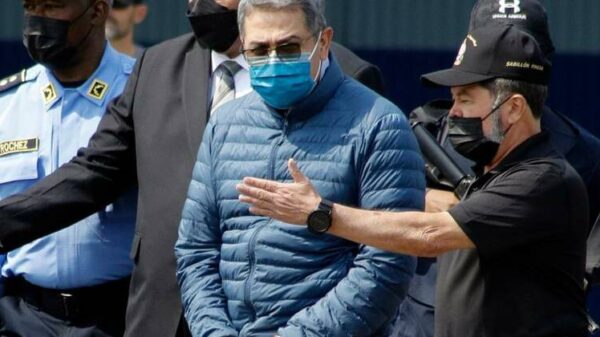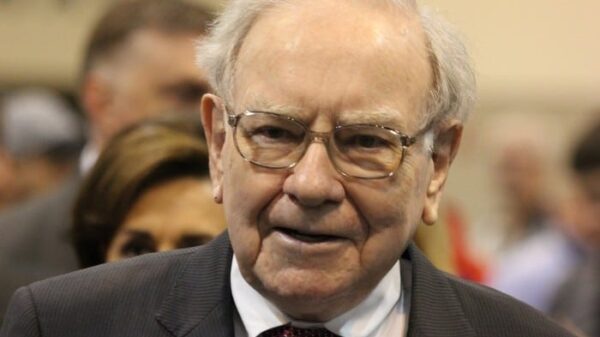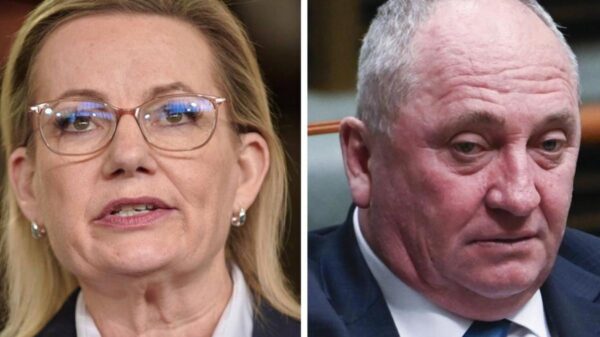UPDATE: South Korea has officially confirmed it cannot pay the proposed $350 billion upfront investment to the United States as part of a tariff reduction deal suggested by President Donald Trump. This urgent news comes as tensions rise over trade negotiations, with South Korean officials seeking alternative solutions to avoid a potential economic crisis.
In a statement on Channel A News, South Korea’s National Security Adviser Wi Sung-lac emphasized the impossibility of meeting Trump’s demand for an immediate cash payment. “We are not able to pay $350 billion in cash,” Wi stated, highlighting the country’s fragile economic situation. He warned that such an outlay could plunge South Korea, the fourth largest economy in Asia, into a financial crisis.
The backdrop to this standoff dates back to July, when a handshake agreement was made between the leaders of South Korea and the US, reducing tariffs from 25 percent to 15 percent. While South Korea pledged $350 billion for US projects, this funding was expected to come in the form of loans, guarantees, and equity, not as a lump sum.
Trump’s recent remarks, asserting that the investment from South Korea would be “upfront,” have created significant friction. “We have in Japan it’s $550 billion, South Korea’s $350 billion. That’s upfront,” Trump stated, further complicating negotiations.
South Korean President Lee Jae-myung has raised concerns about the potential for economic instability, noting that without safeguards like a currency swap, the country’s $410 billion in foreign exchange reserves could be jeopardized.
Wi indicated that the current situation is not just a negotiation tactic but rather a realistic assessment of South Korea’s financial capabilities. “Nobody would question South Korea’s position on the feasibility of the amount if it were required as a cash payment upfront,” he said, emphasizing the need for a more manageable approach.
As a critical next step, South Korea is targeting the upcoming Asia-Pacific Economic Cooperation (APEC) summit, which will be hosted by the country next month. Trump is expected to attend, providing a potential platform to finalize the trade deal.
This developing situation highlights the urgent need for both nations to find common ground and avoid further escalation, as the stakes are high for the economies involved. As negotiations continue, the international community watches closely, aware that the outcome could have far-reaching implications.
Stay tuned for further updates as this story unfolds.





























































